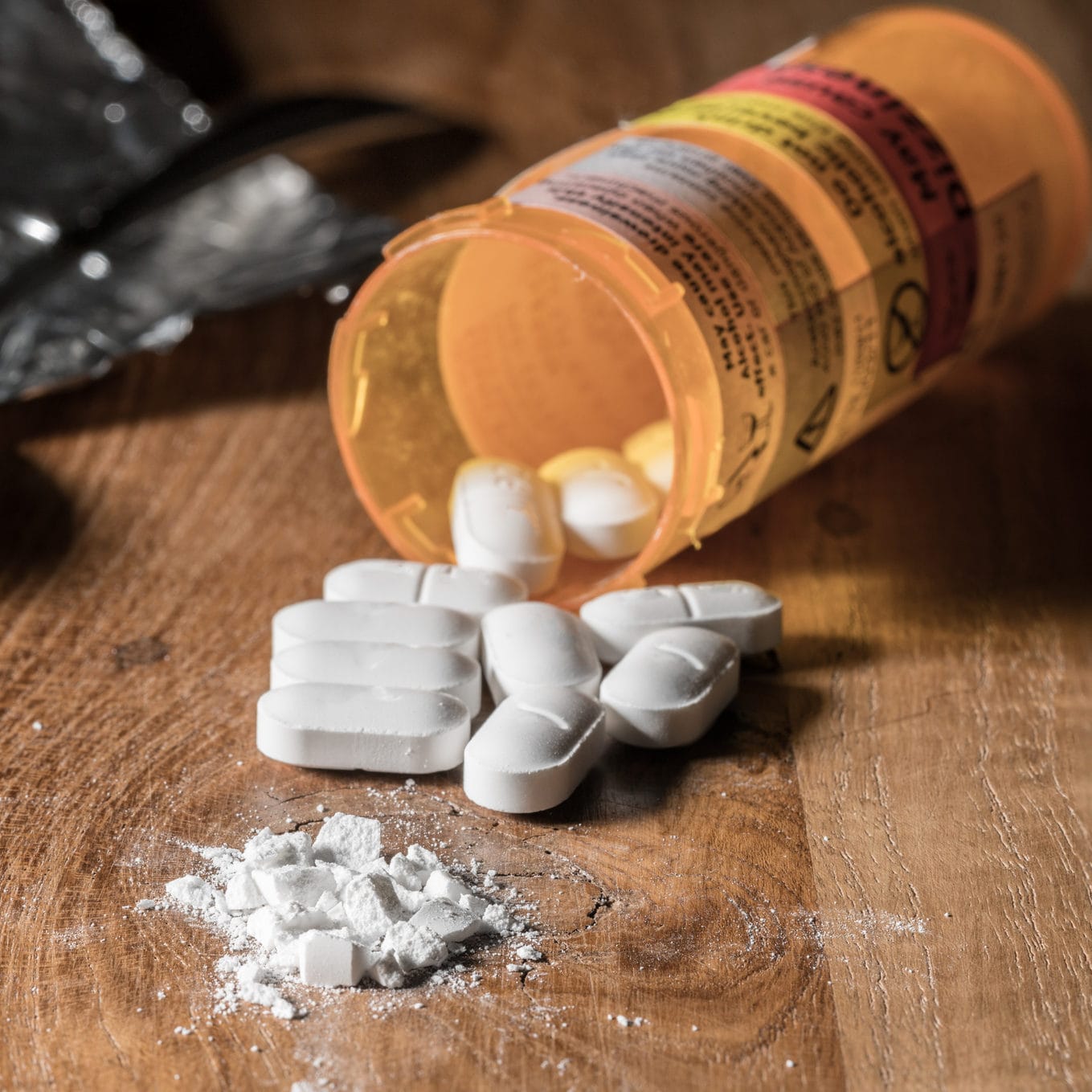‘Timer caps’ may lock out abuse of prescription painkillers
🔗 [SYSTEM UPDATE] Link found. Timestamp incremented on 2025-11-26 13:55:13.A cap with a built-in stopwatch for pharmaceutical bottles may be the key in curbing Australia’s increased rates of prescription drug abuse. LAURA McFADZEAN reports on the next step in the battle against the widespread...


By LAURA McFADZEAN
A cap with a built-in stopwatch for pharmaceutical bottles may be the key in curbing Australia’s increased rates of prescription drug abuse.
More than 1800 Australians died from drug use last year, most from prescription medications, according to data released last week by the Australian Bureau of Statistics (ABS).
That came soon after findings from the National Drug Strategy Household Survey found one in 20 Australians – 4.8 per cent – misused pharmaceuticals during 2016, a rise from 4.2 per cent in 2010.
Amcal pharmacist Carolyn Blencoe said the Rx TimerCap’s automated system aimed to prevent accidental overdose by telling individuals how long it had been since they took their medication, or if someone else has accessed it.
Although only released in America, Ms Blencowe said the timer cap would also help prevent Australians from accidentally overdosing on drugs and going down the “path of addiction”.
“The Rx TimerCap would assist with the appropriate management of prescription medications,” she said.
A major US pharmacy chain has also announced that from next year they will refer back to doctors any prescription for opioid painkillers that was for more than a week.

Ms Blencowe said the cap would help prevent dependency on opioids, a type of drug that stimulates feelings of euphoria and relief from pain, thus prompting drug addiction.
“People build a tolerance to them and take higher and higher doses to get the same effect,” she said.
However, the National Policy Manager of the Alcohol & Drug Foundation, Geoff Munro, said society needed to better understand the drug itself, rather than focusing on resolving addiction once it has already occurred.
“We need to educate the public about the risks involved in using drugs to cope with ordinary life events,” he said.
Mr Munro said society ought to give more attention to using non-pharmacological means of dealing with such issues, such as yoga or relaxation exercises.
“Too often, people who could be helped by non-pharmacological means are being prescribed drugs, and are prescribed the drugs for a long time,” he said.





